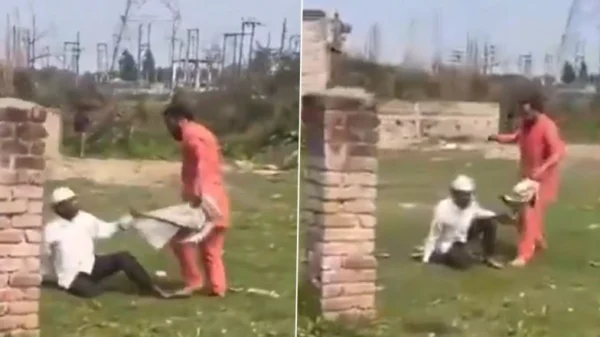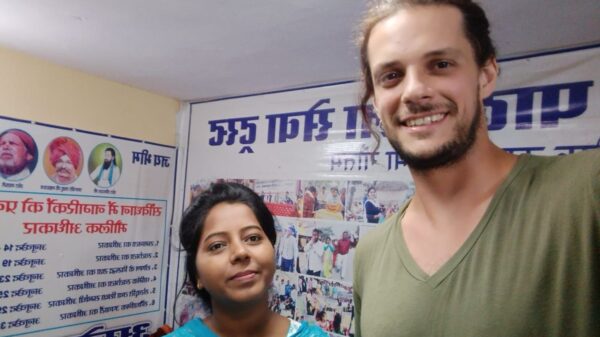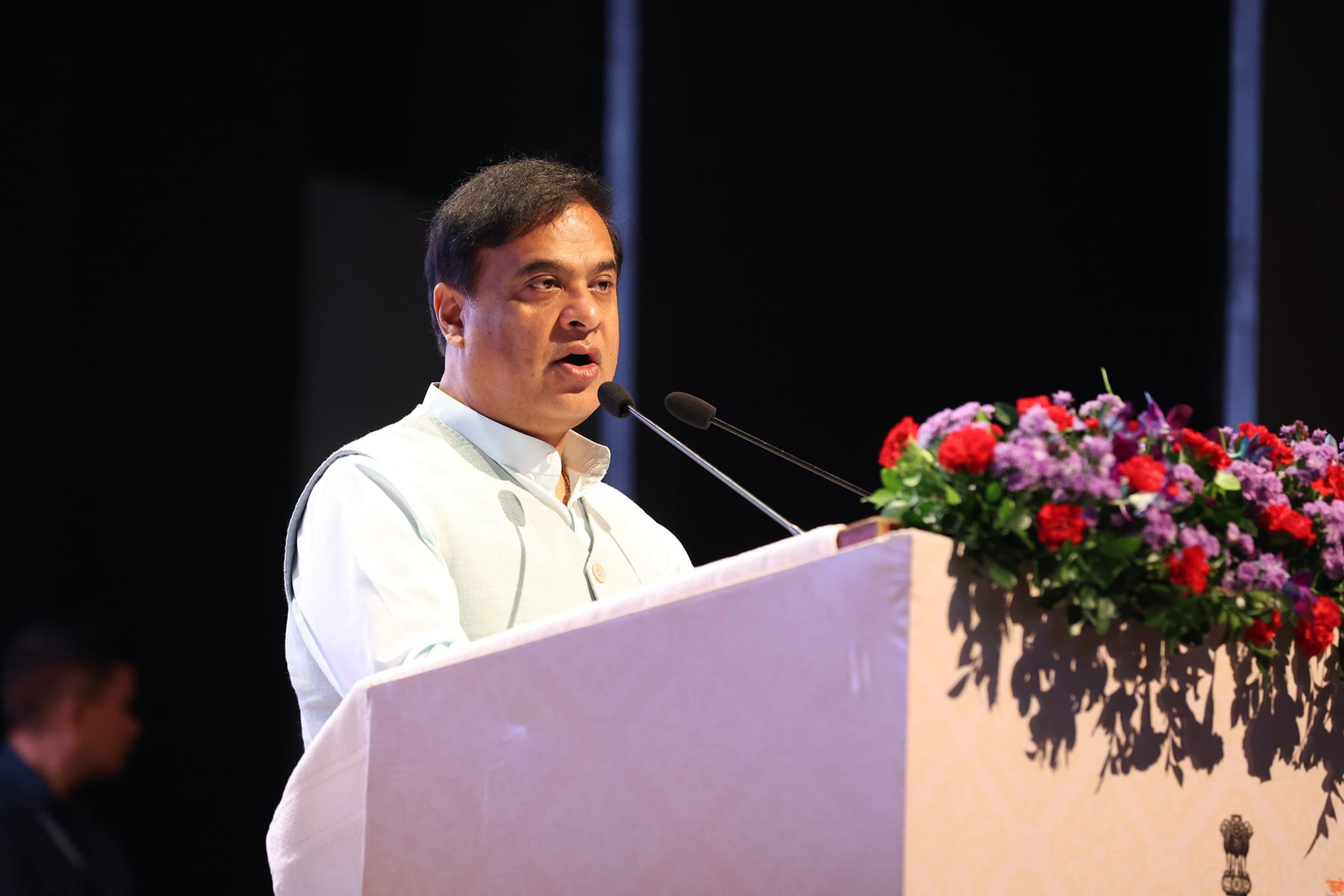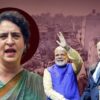On Thursday, the Assam government unveiled a special scheme to grant arms licences—though not firearms themselves—to “original inhabitants and Indian indigenous citizens” residing in “sensitive” areas of the state. Chief Minister Himanta Biswa Sarma framed the move as a measure to bolster local security in vulnerable regions, describing it as both “religious and politically neutral.”
According to Sarma, the intent is to empower responsible citizens to act as “first responders” during emergencies, especially in remote locations where law enforcement may take considerable time to arrive. “If we can use the locals as first responders, we can tackle the situations,” he said, adding that the decision was rooted in existing legal provisions.
The scheme stipulates that licences will be granted only after thorough verification of the applicant’s mental stability, criminal background, and need for self-defence—particularly in cases where individuals live along international or interstate borders, or in areas where their community forms a small, potentially targeted minority. Applicants will also need to prove their vulnerability before qualifying.
Read More: Assam to Grant Arms Licences to Indigenous Citizens in Muslim-Majority Border Areas
Sarma said that the possession of a firearm often serves as a deterrent during conflicts, potentially preventing violence without actual use. All arms licence holders will receive mandatory training from accredited instructors within their districts before the licence is issued. District Commissioners (DCs) and Senior Superintendents of Police (SSPs) will oversee the vetting process, bearing direct responsibility for any misuse.
The Chief Minister also sought to frame the initiative as part of a historical governance pattern, saying that many Assamese villages once kept arms for protection, which were later confiscated. He accused the opposition Congress of hypocrisy, pointing out that it had issued the bulk of arms licences when in power, but without the stricter safeguards his government claims to be implementing.
“Demography changes when people sell off their lands. When others sell off their lands but some do not, they become vulnerable,” he added.



























































